This page contains one or more supporting documents or policies. They can be found at the end of the page.
Welcome to Champions
In Champions, teachers plan over a half term linked to the particular theme, for example “All about me” or “Animals”. We provided half termly curriculum maps and class newsletters to parents to outline the learning of their child including home learning ideas.
Champions currently comprises 14 classes ranging in age from 5 years to 10 years of age.
Champions Curriculum
“Every Child is An Artist ” ~ Picasso
Art and creative lessons can stimulate and support the focusing skills and attention span for our students. Art can help with building sensory integration skills, improving child’s fine motor skills, increasing self-expression, and engaging the visual/perceptive area of the brain. Art is a great channel to better understand emotions, and it helps to better communicate with the needs of our students.
In Al Karamah School, we have a dedicated and fully equipped art room where the students visit during every art session. This is an opportunity for our students to explore different types of arts and most importantly get creative and have a lot of fun. We are eager to support our students’ needs where they can express themselves and develop their artistic imagination.
During our academic year, our art teacher focuses on inspiring famous artists such as: Picasso, Monet, and Matisse. Inheriting the approach of abstract art concepts, we believe that the messier it becomes, the more artistic the work of art will be. We explore different art techniques and topics during our lessons such as colour in science, free hand drawing, arts & crafts, painting on canvas, and many more.
As you walk around our school, you will be able to see many artworks created by our students on our walls. We have always encouraged teamwork, and each year our students work together to create a large piece of art to display at school or participate in art exhibitions.
Because we believe in our students, we always keep an eye on our talented artistic students where we tend to support their talents by giving them great opportunities to standout. We work on introducing them to different UAE based artists and companies to collaborate and to give them the chance to shine in a new and different way by exposing them to the UAE art society.
Mubadala Investment Company - an Abu Dhabi based sovereign investor - has been our number one supporter with an open heart to foster our artistic students through different programs and sponsorship opportunities.
Continuous provision describes all the different provision areas which are available for the children to use every day within the classroom environment.
Within each of these areas of provision there should be a core range of resources that children can use all the time, throughout the whole year.
Planning effectively for continuous provision is crucial and involves a consideration of classroom layout and resourcing that will enable staff to offer a breadth of learning possibilities.
Why is continuous provision important?
Carefully planned continuous provision will enable children to learn skills, will challenge their thinking and help them to embed concepts.
It also provides the context for a variety of learning conversations between children and adults with rich opportunities for modelling and extending speech and vocabulary. It is within this learning environment that the children will also develop key learning attributes.
How your environment is planned, resourced, valued and used can impact positively, or negatively, on children’s engagement, independence, collaboration, self-confidence, resilience and curiosity.
Classroom Areas set up as part of continuous provision:
- Reading area
- Writing/Mark making area
- Fine motor area
- Maths area
- Creative area
- Role Play
- Small World
- Water/Sand area
- Malleable area (sensory)
- Technology (ipad/IW)
- Construction Area
- Arabic/Islamic
Cooking
In little Champions phase, our food technology lessons provide our students with the opportunity to experience both creating and sampling their own food. During these lessons the three main ingredients we focus on are safety, involvement and enjoyment! The students are guided through food preparation tasks that involve different skills such as cutting, rolling, kneading and mixing in a safe and controlled environment. It provides them with some really important life skills and also some delicious food that they can sample after making if they wish to do so.
Within each subject studied in Champions lessons are very much planned around a student’s interests. This makes for a more personalised and individualised curriculum for each student. High adult support ratio within primary means that students can follow their own tailored programme that encompasses support for communication, sensory and behaviour needs within it, alongside promoting independence.
In Champions phase, students are provided with the opportunity to learn about Information Technology through cross curricular activities. Students will expand their understanding around:
- Using simple writing programs.
- Using creative software to create pictures.
- Using ipads for taking photos
- Developing awareness around e-safety following the SMART rules
- Accessing online digital content from websites including Purple Mash, Education City and Mathseeds, that stimulate, engage and motivate students to learn
- An introduction to basic computer programming using Scratch
- An introduction to control using Bee Bots
- Developing keyboard awareness and typing skills by accessing online typing programmes including com
Within each subject studied in Champions lessons are very much planned around a student’s interests. This makes for a more personalised and individualised curriculum for each student. High adult support ratio within primary means that students can follow their own tailored programme that encompasses support for communication, sensory and behaviour needs within it, alongside promoting independence.
Life skills are desirable skill sets that supports us with full participation in everyday life. In Champions we believe that the skills that we obtain in our life skills classes will promote our independence and prepare us for the future.
Daily, we work on these skills to help us better understand ourselves and others around us so that we can lead a functional life.
All activities are specifically designed to help us gain fundamental life skills so we can apply them into the world we live in.Within each subject studied in Champions lessons are very much planned around a student’s interests. This makes for a more personalised and individualised curriculum for each student. High adult support ratio within primary means that students can follow their own tailored programme that encompasses support for communication, sensory and behaviour needs within it, alongside always promoting independence.
From the earliest stages, children will be developing their fine motor skills when they pick up writing tools and make marks on paper. We do this by giving children plenty of opportunities to scribble, draw, colour and develop other early writing skills. However, handwriting needs to be taught in a consistent way and it is important for children to develop good habits with writing. We have introduced the use of Kaligo an APP for developing handwriting skills using the ipad.
Pupils are supported in various ways:
- Given plenty of opportunities to write for different purposes
- Ensuring they are using the correct pencil grip (with support from OT)
- Ensuring they are sitting in the correct position (with support from OT)
- Helping them to form the letters correctly and at the correct size
- Supporting them to write sentences
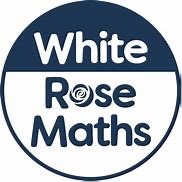 In Champions we follow the White Rose Maths curriculum with a focus on concrete, pictorial and abstract teaching and learning methods. This curriculum demonstrates progression in Maths skills and provides assessment opportunities each term to track progress. Within Champions, there is a daily session of Mathematics following the WRM. Teachers follow a “I do, we do and you do” structure in all daily Maths lessons.
In Champions we follow the White Rose Maths curriculum with a focus on concrete, pictorial and abstract teaching and learning methods. This curriculum demonstrates progression in Maths skills and provides assessment opportunities each term to track progress. Within Champions, there is a daily session of Mathematics following the WRM. Teachers follow a “I do, we do and you do” structure in all daily Maths lessons.
White Rose Maths
White Rose Maths provides a long-term curriculum map for each year group which outlines a progression of skills alongside weekly lesson plans broken down into smaller steps for teaching and learning.
In Champions Maths classes teachers use a range of IT software to support the learning of mathematical concepts like:
- Mathseeds
- Education City
- Purplemash
- Top Marks
- 1 minute maths app
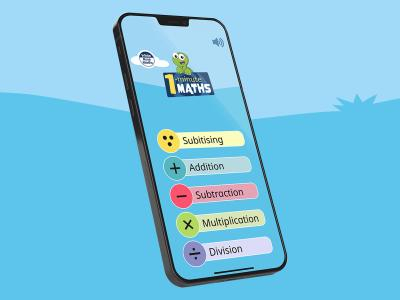
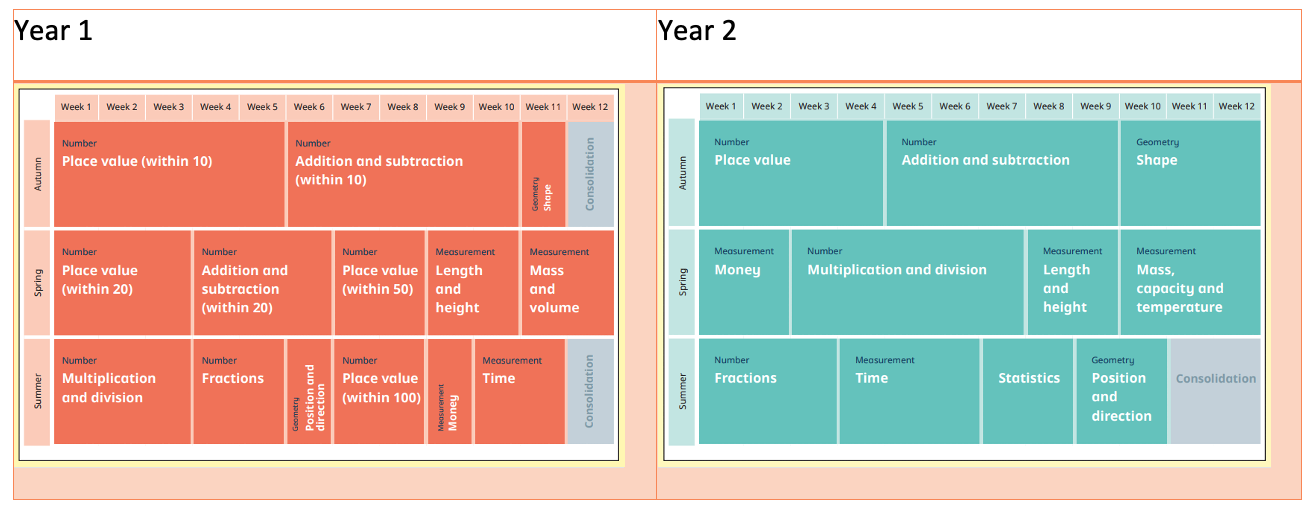
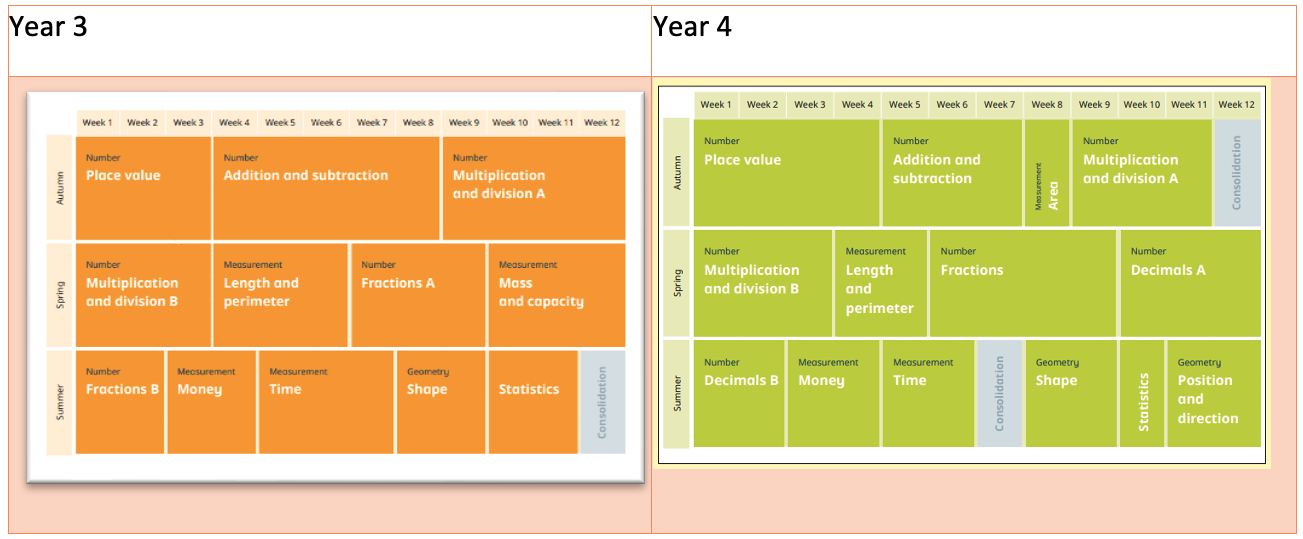
In Champions we love music! We teach children to sing songs to reinforce speech as this can considerably improve language skills.
We also offer Music therapy which provides a unique variety of music experiences in an intentional and developmentally appropriate manner to effect changes in behaviour and facilitate development of skills.
We use music to help a child recall important information. We play many instruments to create our own melodies and rhythms to link information to musical sounds.
We use specific music to help students focus and decrease their anxiety from stress. We provide opportunities for positive emotional responses to music for children to help them reach their social and language goals.
We have a termly concert on the stage for all the children to participate in to enhance the self-esteem of our young performers.
Within each subject studied in Champions lessons are very much planned around a student’s interests. This makes for a more personalised and individualised curriculum for each student. High adult support ratio within primary means that students can follow their own tailored programme that encompasses support for communication, sensory and behaviour needs within it.
 In Champions, for Phonics we use the Little Wandle phonics programme which takes an approach that is rigorous, systematic and used with fidelity.
In Champions, for Phonics we use the Little Wandle phonics programme which takes an approach that is rigorous, systematic and used with fidelity.
The programme overview below shows the progression of GPCs and tricky words that we teach term-by-term. The progression has been organised so that children are taught from the simple to more complex GPCs, as well as taking into account the frequency of their occurrence in the most commonly encountered words.
All the graphemes taught are practised in words, sentences, and later on, in fully decodable books. Children review and revise GPCs and words, daily, weekly and across terms and years, in order to move this knowledge into their long-term memory. Children need to learn to read as quickly as reasonably possible, so they can move from learning to read, to reading to learn, giving them access to the treasure house of reading.
Our expectations of progression are aspirational yet achievable if schools maintain pace, practice and participation by all children. Children who are not keeping up with their peers should be given additional practice immediately through keep-up sessions.
How will my child be taught phonics?
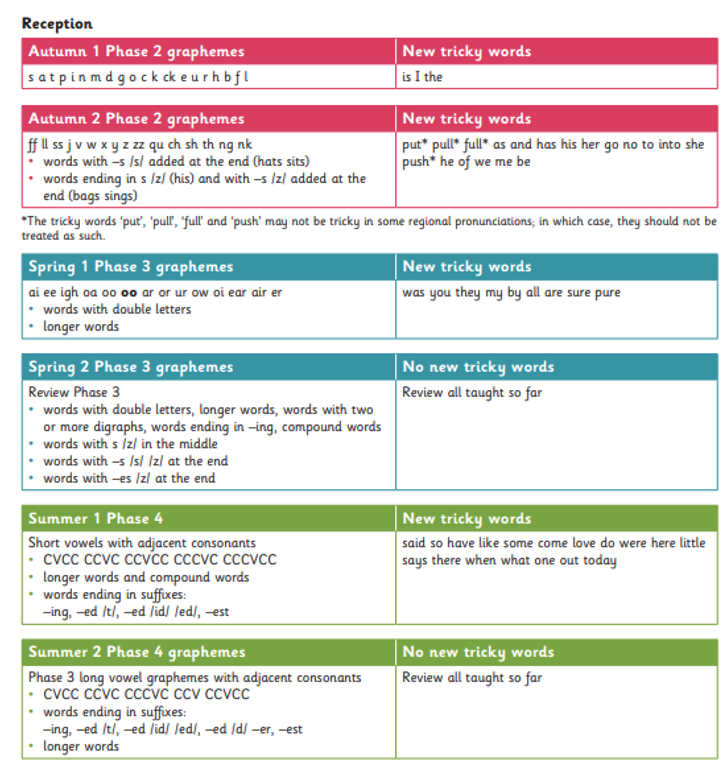
Learning to read is one of the most important things your child will learn at our school. We put as much energy as we possibly can into making sure that every single child learns to read as quickly as possible. Part of learning to read is having good knowledge of phonics.
At Al Karamah School, our ethos is very much about sport for everyone. We cater for all pupils, and for those who enjoy competitive games, we are one of the schools that specializes in the development of motor skills performance for autistic children as well as participation in the Special Olympics.
We firmly believe that all pupils deserve the opportunity to enjoy sport, regardless of their ability. By devoting time and attention to those who are less confident as well as to those with more experience, we develop life skills that bring resilience and success beyond school life.
Some of our students are very talented in different areas of sports. We encourage and make links with outside agencies to extend the skills of talented students. We take part in a wide range of sporting competitions within the community.
We offer a variety of sports skills and we focus on our main sports -football, basketball, hockey, badminton and swimming, as well as developing skills through team games and working together.
Within each subject studied in Champions lessons are very much planned around a student’s interests. This makes for a more personalised and individualized curriculum for each student. High adult support ratio within primary means that students can follow their own tailored programme that encompasses support for communication, sensory and behaviour needs within it.
Swimming
We also offer swimming in Champions and to support we use a social story to talk to pupils about learning how to swim and what to expect at their swimming lesson, social stories are an effective way to get our pupils accustomed to the idea of taking swimming lessons as we use visuals to augment social story and continue the process of getting them used to the idea of swimming lessons.
Reading at Champions is taught through reading practice sessions supported by Big Cat for Little Wandle book through Collins publications.

The Reading practice sessions have been designed to focus on three key reading skills:
- decoding
- prosody – reading with meaning, stress and intonation
- comprehension – understanding the text.
For some SEND children, the three reads may take longer. Reading practice sessions can be adapted and taught to meet the needs of individuals or groups. A book can be taught over two weeks rather than one. Sensory elements, pictures and other adaptations can be added to ensure children make strong connections between the book and their knowledge of the world. This will enable them to read the book with the greatest level of success possible.
The decoding session might be repeated to aid fluency, or the book might be chunked up to two sessions, depending on the needs of the child.
Teaching prosody is an important skill for all children. Some children with an autistic spectrum condition (ASC), auditory processing disorder or hearing impairment may not be able to produce prosody when speaking. However, talking through how and why specific emphasis carries meaning beyond the words themselves is helpful in teaching how spoken prosody affects comprehension.
Teach comprehension through talk and by making connections between the book and the children’s lives. Dialogic talk is the best way to grow vocabulary and language. When children make connections between books and their interests, they are growing their foundational knowledge of reading, and finding out how it will benefit them and give them pleasure.
Using the blending practice books The Little Wandle blending practice books all focus on specific Phase 2 and Phase 3 GPCs. The books are much shorter in length, have sound buttons beneath the words and have been designed so that children can practise their blending skills in context. The books are richly illustrated and provide lots of opportunity to extend language and comprehension. Children read the words or phrases on each double-page spread and then find the corresponding object, animal or person in the illustrations. When they turn over to the next double-page spread, they will find out if they were correct.
Phase 2: The Phase 2 blending practice books for the main programme cover the GPCs in small steps and are ideal for children who find the step up to reading the Phase 2 decodable books too much.
Phase 3: The Phase 3 blending practice books for the main programme cover specific Phase 3 GPCs in each book. These books may well meet the needs of many children who find the main programme books too long and complex.
In literacy lessons we also use IT to support and enhance the teaching and learning. We use:
- Education City
- Purplemash
- Top Marks
- Kaligo
In Champions, children are provided with the opportunity to learn about the natural world, through the themes outlined in the National Curriculum. We encourage children to be curious about the world around them by providing them with opportunities to observe, investigate and explore. We inspire children to develop their skills by making predictions, categorising, sorting, comparing, measuring, and questioning. We use a range of IT software across our lessons to enhance teaching and learning and to make learning interactive and fun!
Within each subject studied in Champions lessons are very much planned around a student’s interests. This makes for a more personalised and individualised curriculum for each student. High adult support ratio within primary means that students can follow their own tailored programme that encompasses support for communication, sensory and behaviour needs within it, alongside promoting independence.





























































































